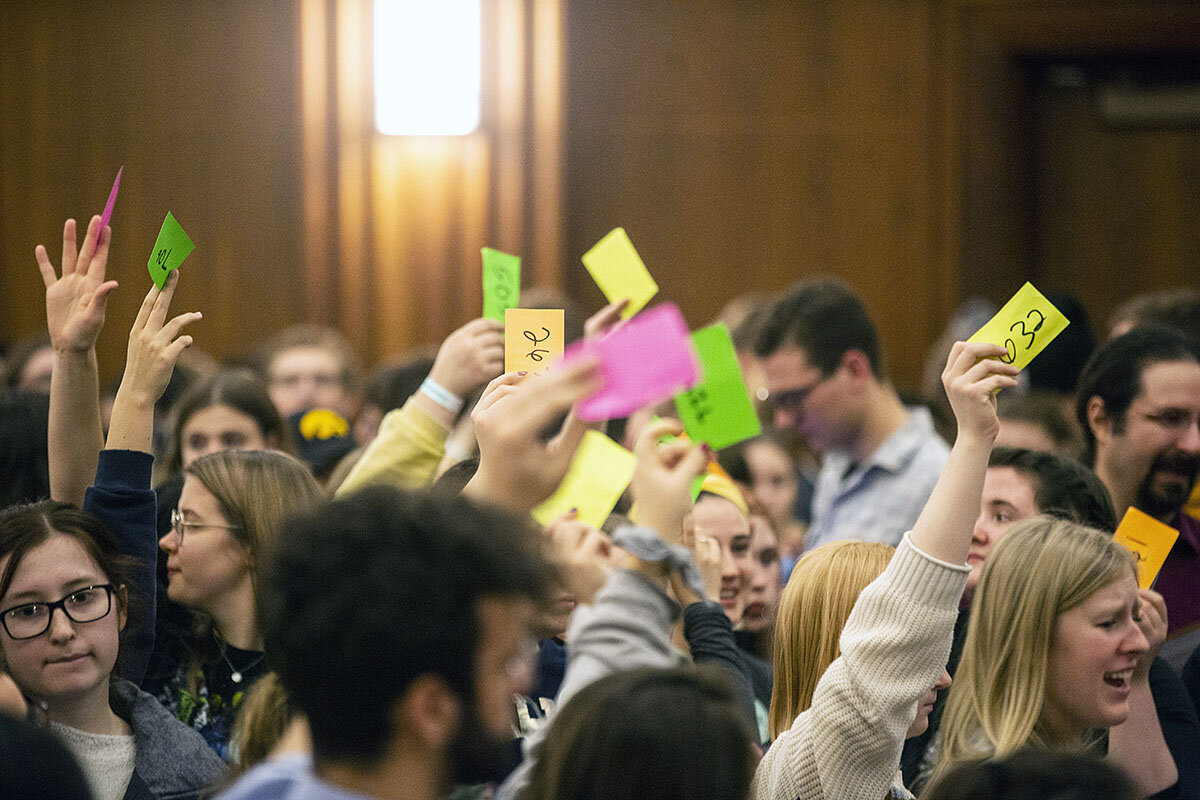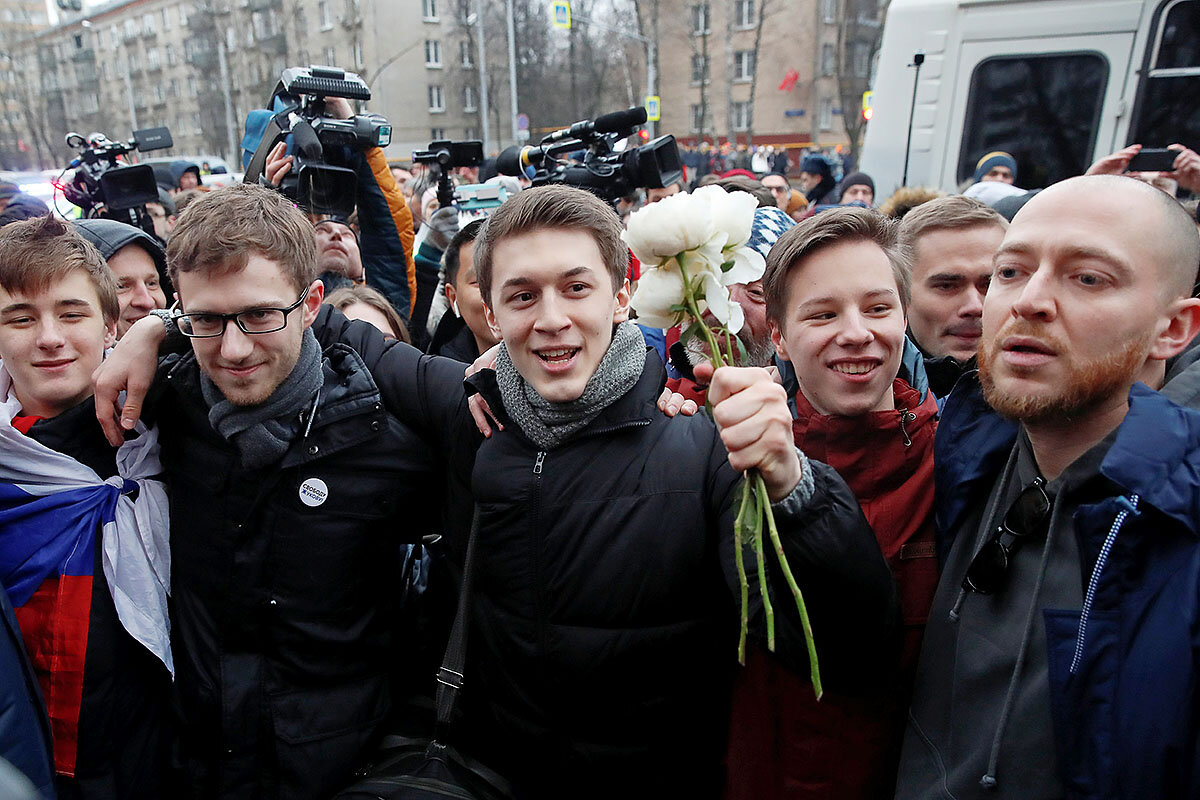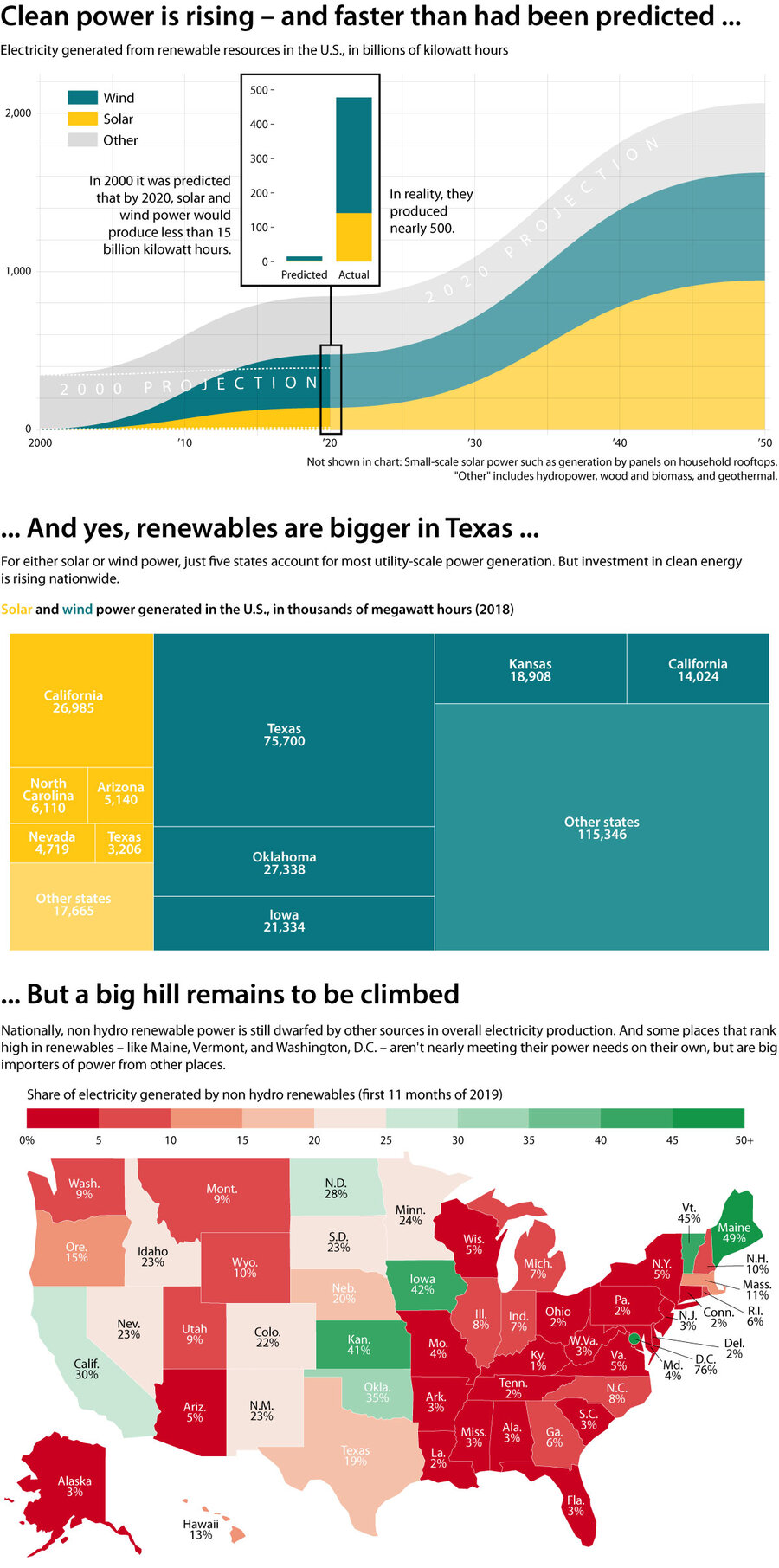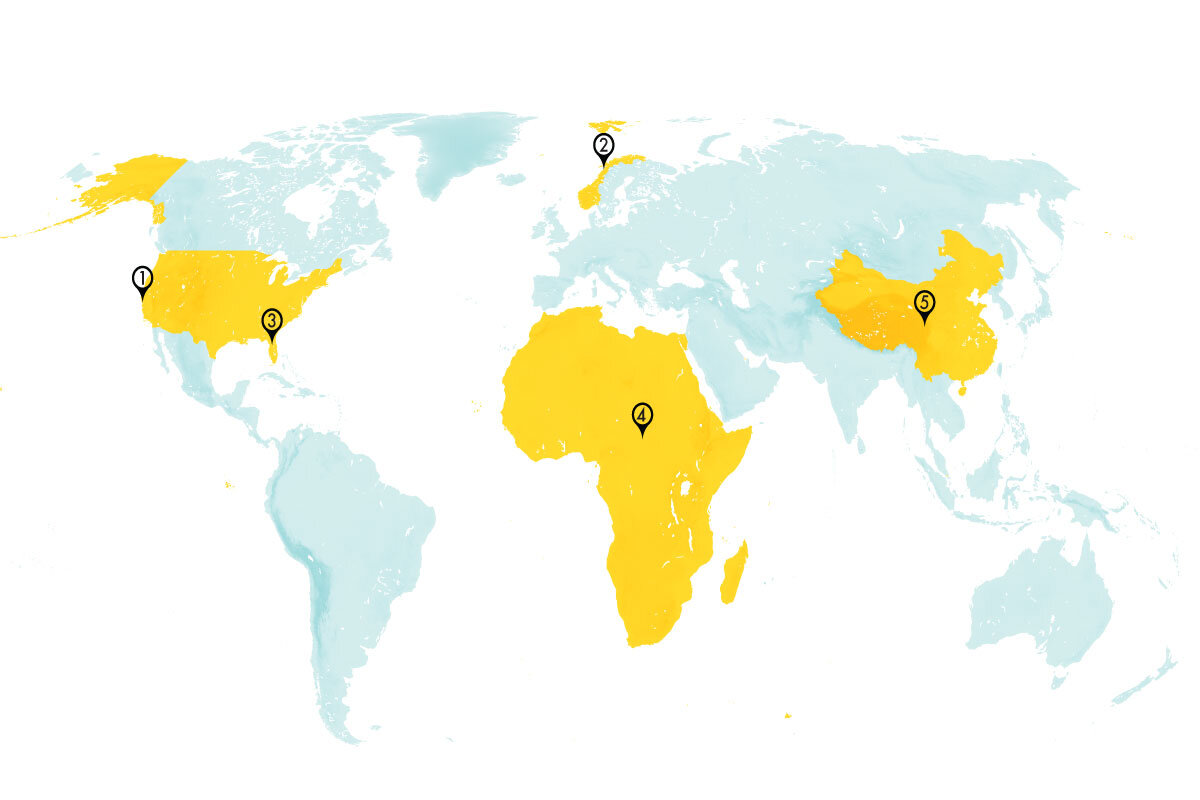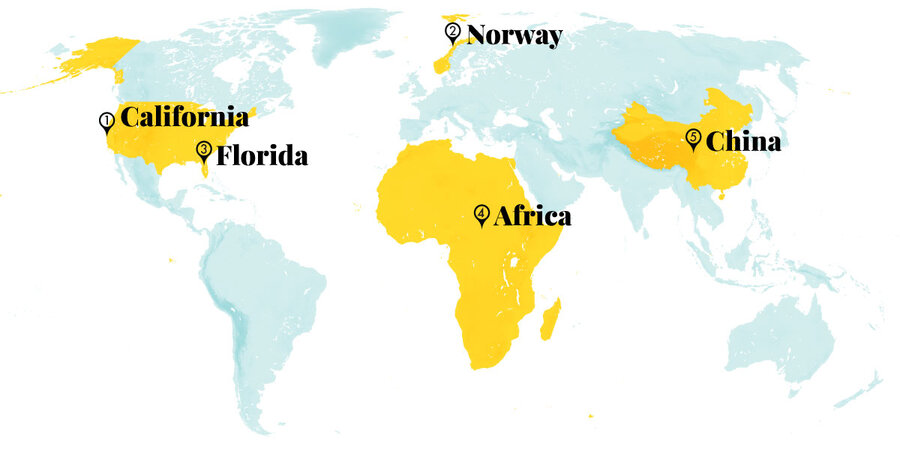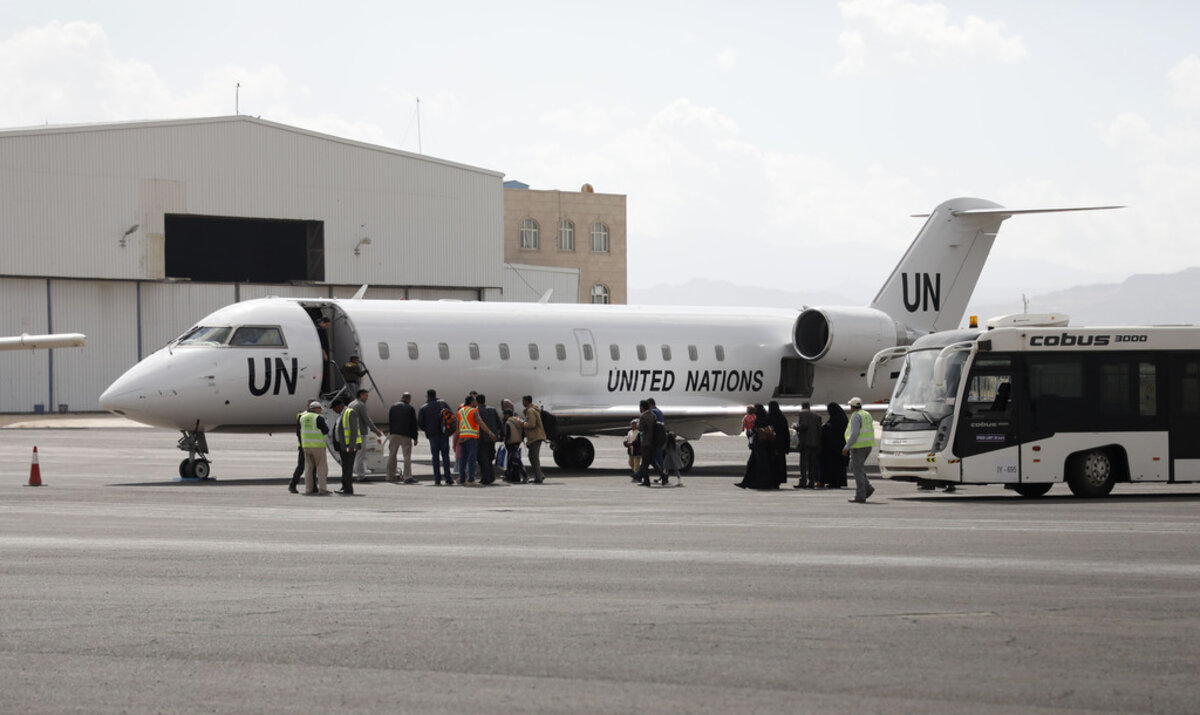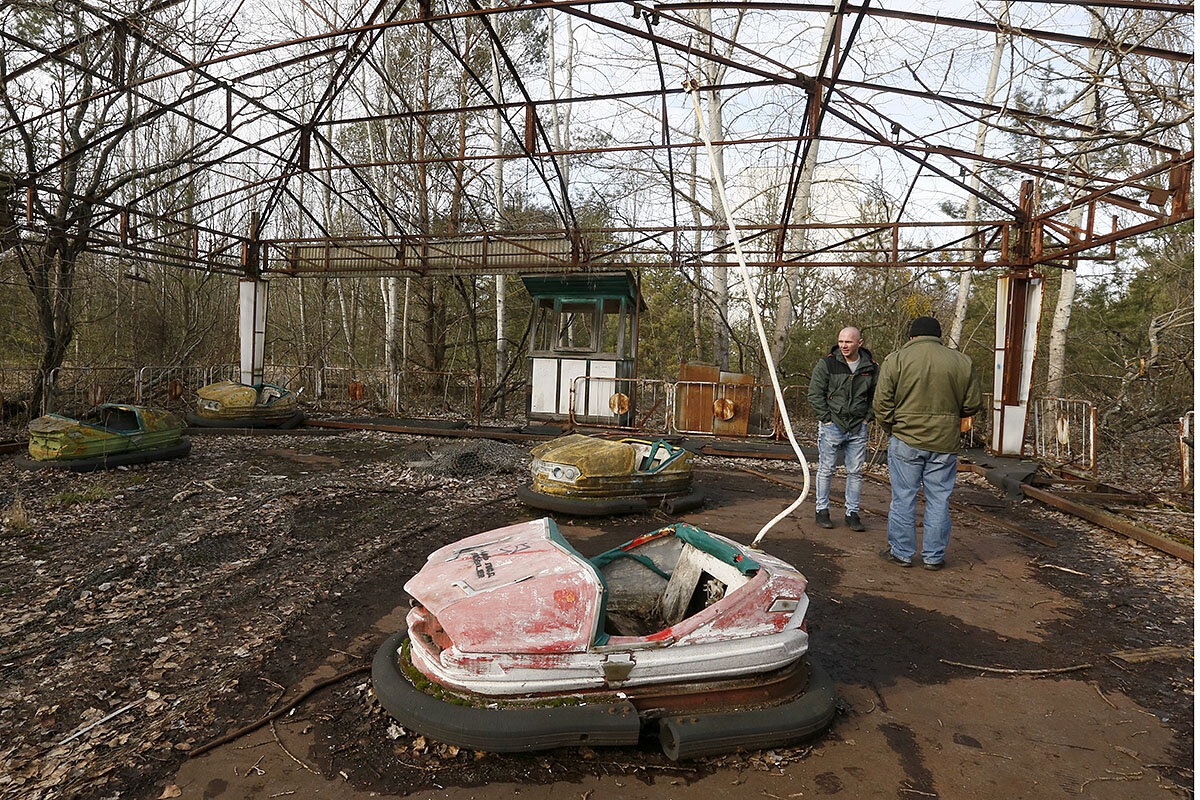The delay in caucus results – and doubts about their accuracy – have sown distrust in Iowa’s vaunted civic exercise. But the debacle may spur needed reforms in election security.
Monitor Daily Podcast
- Follow us:
- Apple Podcasts
- Spotify
- RSS Feed
- Download
 David Clark Scott
David Clark Scott
Today’s five selected stories cover Iowa's wake-up call for democracy, a values clash among anti-abortion Democrats, the true purpose of a Russian university, ingenuity driving clean energy, and our global survey of progress.
What do football players and African grey parrots have in common?
Altruism.
Let me explain. Researchers found that African grey parrots will voluntarily help another grey. In an experiment, the parrots could exchange tokens for nuts. If a neighboring parrot didn’t have a token, an African grey would see the need and voluntarily share its own token, says the study published in Current Biology last month. This happened even among parrots who were “strangers” to each other.
It’s the first time scientists have recorded voluntary generosity by an avian species. Other creatures have also challenged the Darwinian “survival of the fittest” view of nature as selfish. As my Monitor colleague has reported, Matabele ants have a tender side, caring for the wounds of other ants. In recent years, scientists have found cooperative and selfless instincts in mammals from rats to dolphins.
Many NFL players, who participate in one of the most violent and Darwinian of sports, are also models of compassion. Take Calais Campbell of the Jacksonville Jaguars, who was named the Walter Payton NFL Man of the Year winner for his community generosity. And there’s Kansas City Chiefs defensive lineman Derrick Nnadi. After his team won the Super Bowl Sunday, Mr. Nnadi said he would pay the fees for all 91 dogs (about $150 each) waiting to be adopted at a local shelter. Adoptions doubled overnight.
Birds of a feather: Football players and African grey parrots.




